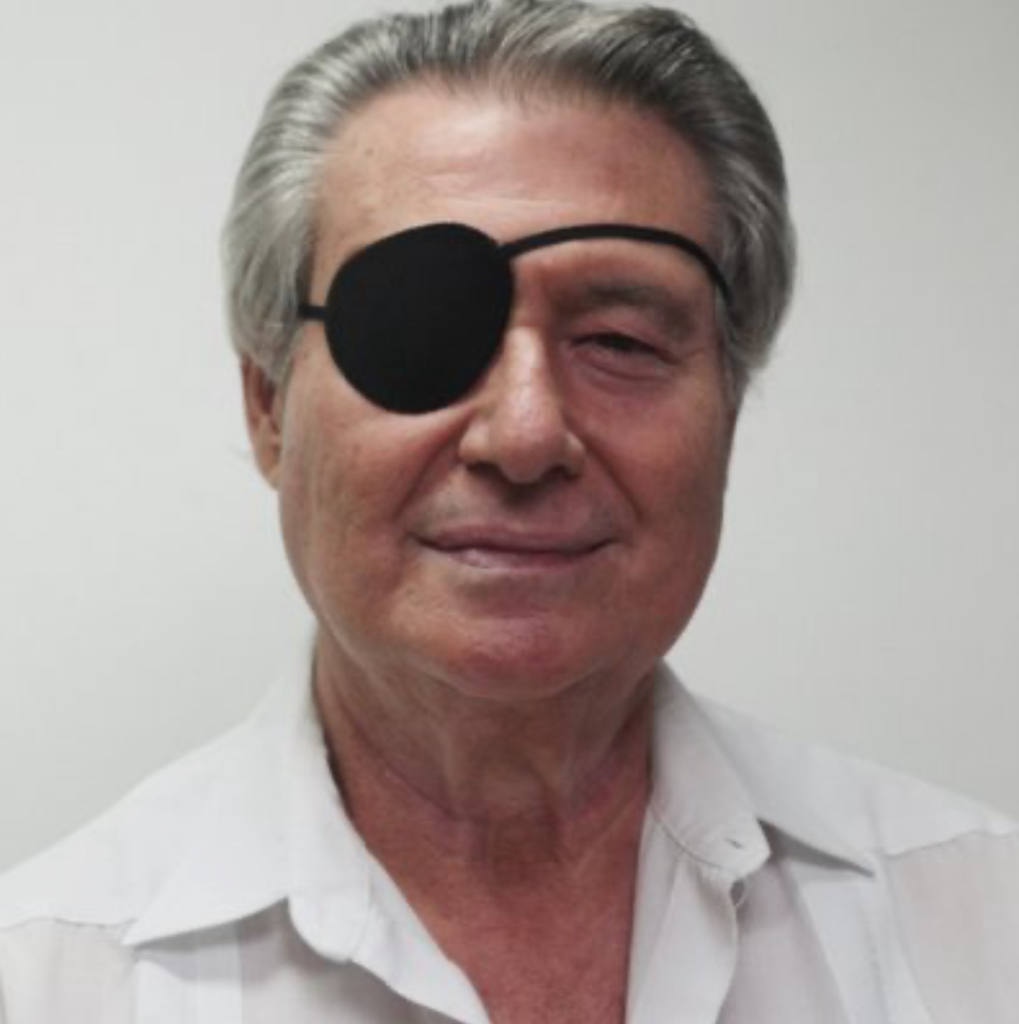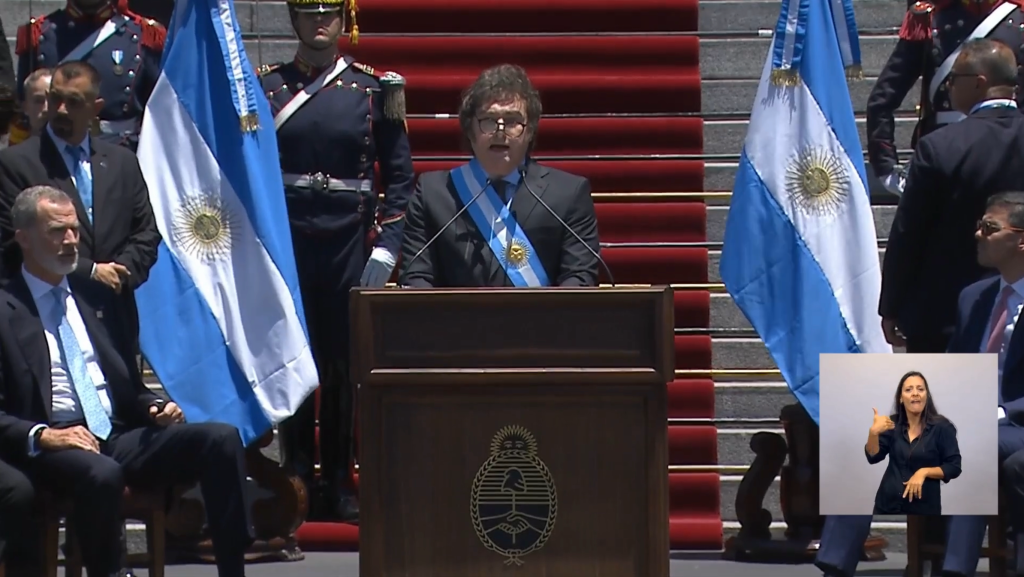ALBERTO BARCIELA
RAINY WEATHER

It rains. Water caresses the earth like a blessing, propitiating a natural cycle that makes life possible. Bereft of good news, in need of regular anxieties, dry in climate, arid in character, many even desert in company, we embrace the precipitation, downpour, shower, shower, downpour, thunderstorm, deluge, calabobos, pluvia, llovida, sirimiri, orvallo, in its thousand names and abundances, like a hope. It is good, yes, that the clouds shed their imprisoned drops, that they fulfill the seasonal cycle, that they give us springs, fountains, plentiful rivers, full reservoirs and that green tone in our forests and meadows. And if possible, let it snow, so that, as the saying goes, we may have a year of good things and beautiful landscapes.
The rain should cheer us up. As the writer Karen Blixen says, referring to Africa:
“When the earth responded like a sounding board, with a deep, fertile noise, and the world sang around you, in all dimensions, above and below, that was the rain. It was like returning to the sea when you’ve been away from it for a long time, like a lover’s embrace.”
Rain is the germ of life, of wealth, of names, of literature, of crafts, of natural preservation, of hygiene? It is pure magic.
In colonial Havana, the Galician umbrella stand was famous. At first, people called the umbrella “shelter from the rain”.
The rain encourages meditation, relaxed reading in front of the fireplace or the heater.
That is where one best meets Gabriel García Márquez, when on a rainy Thursday, he tells us about incredible prodigies, such as the one attributed to F.W. Up de Graff, a Dutch explorer who traveled the upper Amazon at the beginning of the century, who “says that he found a stream of boiling water where hard-boiled eggs were made in five minutes, and that he had passed through a region where one could not speak aloud because torrential downpours were unleashed”. The magical reality is installed in the writings, in the pleasant conversation, with friends like Alfredo Conde, with whom I chat about Juan de la Coba, a character born in Ourense in 1829, who invented the “pirandárgallo”, a giant umbrella that would be installed at the North Pole to prevent rain on the planet when it was not needed.
I am especially excited to come across an anecdote, from Santiago, narrated by the teacher José Luis Alvite: “Almost all of us had leaks at home, even Cardinal Quiroga Palacios, of whom it was said – or so it seemed to me – that in his movements around the palace he was accompanied at all times by a camarlengo to whom the monsignor could forgive any protocol clumsiness as long as in his procession through the gloomy and deserted halls of Xelmírez he did not forget to carry in his hands the basin to collect, like time on a clock, the tic tac tac the leaks.”
In the time that the rain gives me, I return to the African continent, with Karen Blixen. I reread: “when they got used to the idea of poetry, they asked me: Speak again. Speak like rain. Why they felt the verse was like rain is something I don’t know. Maybe it is an expression of applause, because in Africa rain is always desired and welcomed.” It rains in Bertamiráns. Every second becomes word, melancholy, nostalgia, but also perspective. That is the horizon of the magic that allows to turn a moment into eternity.
Alberto Barciela, Spanish journalist, is vice-president of EditoRed.
This text is free to use. If you use it, please cite the author and EditoRed.



